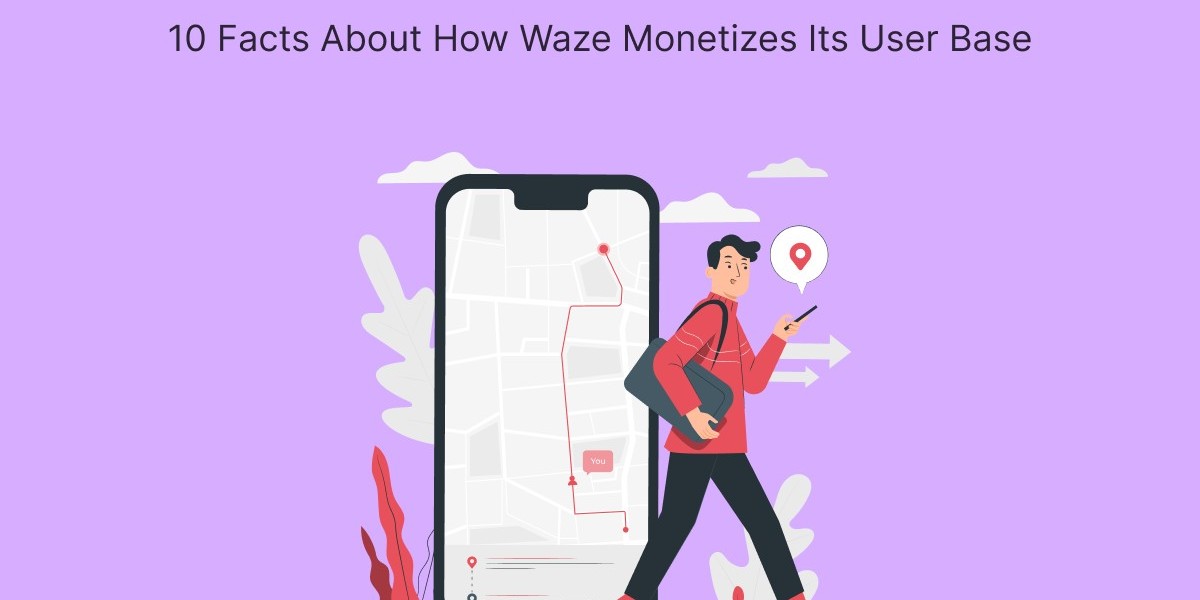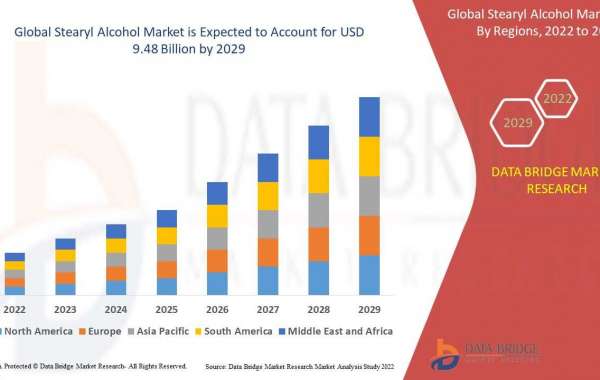Waze, a popular GPS navigation app, is known for its user-friendly interface and real-time traffic updates. With millions of active users worldwide, Waze has developed various strategies to monetize its platform effectively. Unlock the secrets behind Waze business model with these 10 fascinating facts on how they monetize their user base. Learn how Waze drives success through its innovative strategies! This article explores ten key facts about how Waze monetizes its user base.
User-Generated Content
Crowdsourced Navigation
Waze thrives on user-generated content, relying on its community of drivers to provide real-time data about traffic conditions, road hazards, and speed traps. Users contribute information about accidents, road closures, and other events, creating a comprehensive and dynamic map that enhances the overall user experience.
Impact on Monetization
This crowdsourced data not only improves navigation but also allows Waze to gather valuable insights about traffic patterns and user behavior. By leveraging this information, Waze can offer targeted advertising and promotions to businesses looking to reach specific demographics.
Advertising Partnerships
Local Business Advertising
Waze monetizes its user base through advertising partnerships with local businesses. The app offers businesses the opportunity to advertise their services directly to Waze users based on their location and driving habits.
Geotargeted Ads
Waze employs geotargeting to display ads to users as they approach specific locations. For instance, if a user is driving near a fast-food restaurant, they may receive an ad for a special promotion or discount. This targeted approach increases the likelihood of user engagement and conversion.
Waze Ads Platform
Dedicated Advertising Platform
Waze has developed its advertising platform known as Waze Ads, allowing businesses to create and manage their advertising campaigns directly within the app. This platform provides various ad formats, including branded pins, banners, and promoted search results.
Measurement and Analytics
Waze Ads offers businesses insights into campaign performance, including impressions, clicks, and user engagement. This data-driven approach enables advertisers to optimize their campaigns for better results, ultimately driving more revenue for Waze.
Sponsored Locations
Enhanced Visibility for Businesses
Waze allows businesses to promote their locations through sponsored pins. These pins appear on the map, making it easier for users to find nearby businesses when they are on the road.
Boosting Foot Traffic
By using sponsored locations, businesses can increase their visibility among Waze users, ultimately boosting foot traffic to their physical stores. This is particularly effective for local businesses looking to attract customers in their vicinity.
Partnerships with Major Brands
Collaborations for Enhanced User Experience
Waze has formed partnerships with major brands to enhance its user experience while simultaneously monetizing its platform. These collaborations often include promotional campaigns, special offers, and branded content.
Co-Branding Opportunities
For example, Waze has partnered with gas stations to provide users with real-time fuel prices and promotions. Such collaborations not only add value to the app but also create additional revenue streams through co-branded advertising.
Waze Carpool
Monetizing Ride-Sharing Services
In addition to navigation, Waze has expanded its offerings to include Waze Carpool, a ride-sharing service that allows users to share rides with others commuting in the same direction. This service creates a new revenue opportunity for Waze.
Charging for Rides
Waze earns revenue by charging a small fee for rides facilitated through the app. This monetization strategy leverages the existing user base while providing an additional layer of convenience for those seeking carpooling options.
Data Monetization
Selling Traffic Data
Waze collects a vast amount of data related to traffic patterns, road usage, and user behavior. This data is invaluable to various industries, including urban planning, transportation, and marketing.
Insights for Businesses
Waze monetizes this data by selling insights to businesses and government agencies seeking to improve traffic management and infrastructure planning. By providing anonymized data, Waze can maintain user privacy while generating revenue from its data assets.
Event Partnerships
Collaborating with Major Events
Waze partners with large-scale events, such as music festivals and sports tournaments, to offer users customized navigation experiences. These partnerships often include sponsorship deals that contribute to Waze's revenue.
Enhanced User Engagement
During major events, Waze provides users with special features, such as event-related alerts, traffic updates, and alternative routes. This enhances user engagement and allows Waze to capitalize on increased traffic to the area, attracting advertisers and sponsors.
Affiliate Marketing
Leveraging User Behavior
Waze utilizes affiliate marketing strategies to monetize its user base further. By promoting relevant products and services within the app, Waze can earn commissions on sales generated through its referrals.
Targeted Recommendations
For example, Waze may recommend nearby restaurants, gas stations, or attractions based on a user's route. If a user clicks on these recommendations and makes a purchase, Waze earns a commission, creating a win-win situation for users and businesses alike.
Premium Services
Offering Value-Added Features
Waze has explored the possibility of introducing premium features that users can access for a fee. While the app is primarily free, offering additional functionalities can create new revenue streams.
Subscription-Based Model
Potential premium features could include advanced navigation options, personalized route planning, or exclusive discounts at partner businesses. By offering these value-added services, Waze can cater to users willing to pay for enhanced experiences while increasing its overall revenue.
Conclusion
Waze has developed a multifaceted approach to monetizing its user base, leveraging user-generated content, advertising partnerships, data insights, and innovative services. By prioritizing user experience while exploring various revenue streams, Waze has established itself as a leading navigation app in the market. Discover how Waze, the popular on-demand app development company , monetizes its user base. Learn 10 fascinating facts about their strategies and success. As the app continues to evolve, its monetization strategies will likely adapt to meet changing user needs and industry trends, ensuring its sustained success in the competitive landscape of mobile applications.










